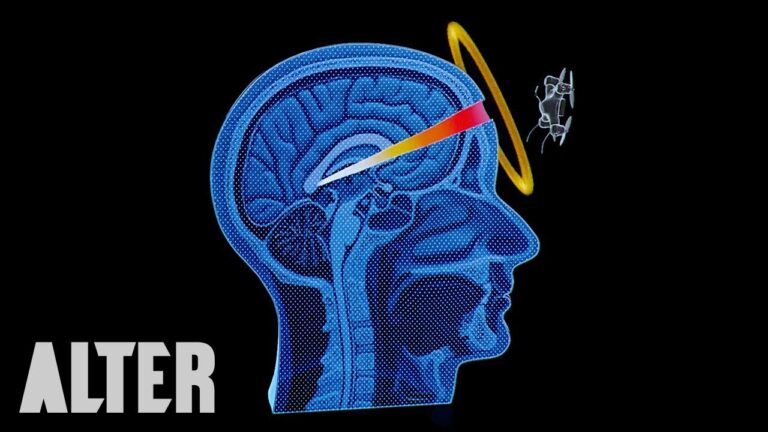
Become a member: Subscribe
Hero of the Week
Senator Rand Paul and Twila Brase

“REAL ID is effectively creating a national ID card with no limit on the personal information being shared…. The government should not have a dossier on every American. You should never have to ‘show your papers’ to travel freely within your own country or enter a building your tax dollars paid for.”
~ Senator Rand Paul
Hero of the Week, November 10, 2025
Senator Rand Paul and Twila Brase
In September, U.S. Senator Rand Paul (R-KY), Chairman of the Senate Homeland Security and Governmental Affairs Committee, courageously introduced a bill to repeal Title II of the REAL ID Act of 2005 and its “federal mandate requiring every state to share citizens’ personal data and redesign driver’s licenses to meet federal standards.” Showing that he understands what is fundamentally at stake with the REAL ID, Senator Paul’s bill is titled the Safeguarding Personal Information Act of 2025.
As highlighted at Solari and on Financial Rebellion on multiple occasions, Citizens’ Council for Health Freedom (CCHF) and its president and co-founder Twila Brase have been warning Americans about the REAL ID for quite some time, emphasizing that it is a “federal identification card and national surveillance system masquerading as a state driver’s license.” Brase explains,
“The reason our health freedom organization is leading the charge on this issue is because REAL ID threatens freedom at every level—including health freedom. A digital, biometric-controlled Federal ID establishes a nationwide framework that could be turned into a China-like social credit system for America. Under the law, this federal ID could be used to restrict and control all of life, including access to medical care, access to banking and access to education.”
Senator Paul pointedly introduced his bill on September 11. CCHF points out that this is a nod to the fact that 9/11 greased the wheels for the REAL ID Act’s passage in 2005.
Brase urges all Americans to refuse to get a REAL ID or, if they already have one, turn in their REAL ID in the states that have not eliminated those options. (Unfortunately, Florida and Texas—supposed bastions of freedom—as well as Georgia, Mississippi, and Wyoming, do not allow their residents to have a standard driver’s license.)
Brase applauds Senator Paul for “standing up for state sovereignty and for every American’s right to privacy and personal autonomy” and points out that as Chairman of the Homeland Security committee—which has oversight over the REAL-ID-promoting Transportation Security Administration (TSA)—he is in a “powerful position to make something happen.” However, citizen action is also important, and it starts with awareness of the threat. Brase stated on a recent episode of the Jimmy Dore Show,
“[Americans] think that digital ID is a good thing. They don’t understand [that the REAL ID] pings the government every time they take it out and use it. And they don’t understand what it could become—that it could link them to a global identification system.”
We owe a debt of gratitude to Senator Paul and Twila Brase for their concerted actions in defense of state and personal sovereignty.
Links
Chairman Rand Paul Introduces the Safeguarding Personal Information Act of 2025
Coalition Urges Hearing on Senator Rand Paul’s Bill to Repeal REAL ID
CCHF Applauds U.S. Senator Rand Paul’s Bill to Repeal REAL ID
Here’s Why the REAL ID Must Be Stopped & How to Do It! W/ Twila Brase (The Jimmy Dore Show)
Related at Solari
Action of the Week: November 2, 2025: Disrupt the Rollout of Digital ID and Biometrics
Action of the Week: December 2, 2024: Tell Your Bank to Say No to Digital IDs and Biometrics
The Digital ID Threat Is Real: Don’t Fall for Empty Promises and Trojan Horse Reforms
The Fast-Approaching Digital Control Grid: A Checklist of Trump Administration Actions to Date
Log in or subscribe to the Solari Report to enjoy full access to exclusive articles and features.
Already a subscriber?























































































































